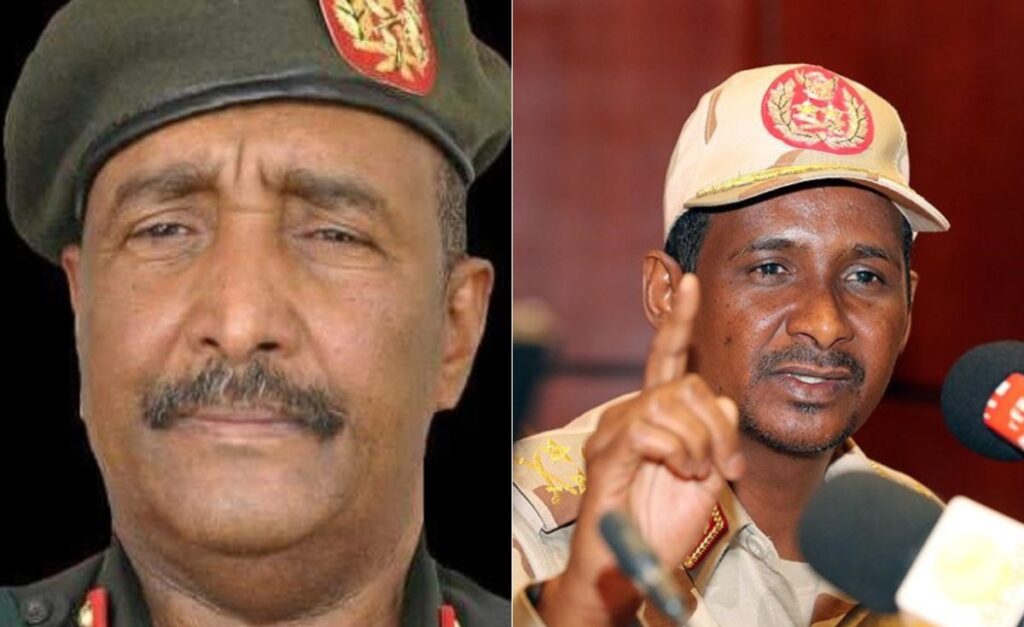Khartoum — At the first meeting of the Sudanese transitional government in the capital Khartoum, two months after its recapture by the Sudan Armed Forces (SAF) under the command of General Abdel Fattah al-Burhan, the focus of the debate was on post-war reconstruction, economic recovery, improving the security situation, and supporting the voluntary return of displaced persons to their areas of origin.
The Sudanese capital was long the scene of fighting between SAF troops and the militias of the Rapid Support Forces (RSF) under the command of General Mohamed Hamdan Dagalo. The city is only slowly recovering from the destruction and population movements caused by the fighting. The first meeting of the government cabinet, currently based in Port Sudan, is intended to signal the full return of state institutions to the capital, scheduled for October.
Another important signal is the reshuffle of the SAF’s top leadership, which General al-Burhan carried out on August 18, dismissing several senior officers linked to Islamist movements, particularly the National Congress Party (NCP), the party of former dictator Omar al-Bashir. International observers see this measure in the context of al-Burhan’s efforts to strengthen relations with Egypt and the United States, as evidenced by the meeting between the Sudanese general and the US Special Representative for Africa, Massad Boulos, in Geneva on August 15.
Keep up with the latest headlines on WhatsApp | LinkedIn
On the other hand, preparations for the swearing-in of the “parallel government” installed by Dagalo and the RSF are in full swing. The inauguration ceremony for the president and the members of the Presidential Council is scheduled for tomorrow, August 30. The parallel government is the expression of the Sudan Founding Alliance (TASIS), a coalition of Sudanese political organizations and armed groups allied with the RSF, which announced the formation of its own government in July. Given the existence of two governments that deny each other’s legitimacy, the conflict in Sudan appears far from over. The epicenter of the fighting is El Fasher, the capital of North Darfur, the last stronghold of the SAF in the region, which is almost entirely controlled by the RSF. According to UNICEF, El Fasher has become the “epicenter of children’s suffering,” with 260,000 civilians, including 130,000 children, trapped in the city and cut off from humanitarian aid for over 16 months.

